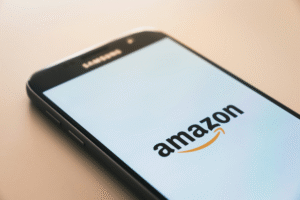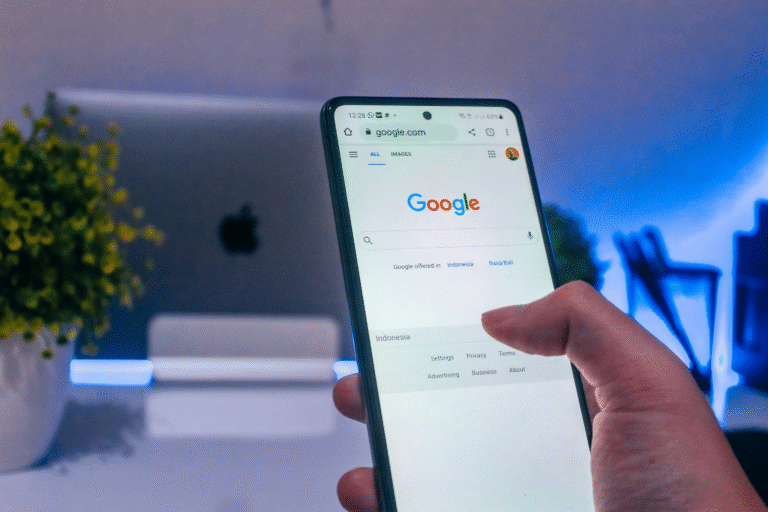On February 1, John Furner will officially become Walmart’s CEO. This is one of the most keenly followed leadership positions in global retail. For a lot of people inside the organization, this change has seemed virtually unavoidable. Furner has worked in Walmart’s culture his whole life. He started off as an hourly worker and saw the firm go from a traditional big-box store to a global technology-driven force. He was also an active part of that change. He is now in charge of guiding Walmart through tough economic times, changing consumer behavior, and the high expectations that come with AI investments.
Employees know Furner as a leader who listens before making a decision. The pandemic messed up supply chains all around the world in early 2020, which solidified that reputation. He was in charge of Walmart’s biggest division at the time, which was the U.S. business. He didn’t just use local data; he also talked to coworkers in China, where the infection had spread months before. They were already changing how they planned and distributed their merchandise. Furner learned those lessons, swiftly changed how things were done in the U.S., and helped the store remain ahead of panic buying. It was a moment that revealed both his gut feeling and his faith in working together.
Now, those same traits will be put to the test again. Costs have gone up because of tariffs. People care about prices more than ever. At the same time, shareholders want to see that Walmart’s AI projects will be more than just tests. Matt Prescott, head of The Accountability Board and a shareholder activist, put it simply: “The business is facing a lot of pressure right now because of tariffs, pricing pressures, and changing consumer behavior.” We hope he can meet the task. His comments show that more and more investors think that Walmart needs to come up with new ideas and also deliver.

Doug McMillon’s legacy as CEO lifts that standard even higher. Walmart‘s profits and market value climbed a lot during his 13 years in charge. McMillon got Walmart into e-commerce, spent a lot of money on automating the supply chain, and made the store a key player in tech-enabled shopping. Walmart was able to flourish even when competitors like Amazon made the industry change. Furner now has both an advantage and a problem. The business is doing well and is stronger than ever, but people expect it to keep coming up with new ideas.
People who know Walmart’s inner workings say that Furner was always considered as McMillon’s natural successor. An insider said, “I think it was pretty clear to most people at the company that John was the frontrunner.” John is great and well-liked… People are going to be enthusiastic about what comes next with John’s leadership because he is always looking for new things to do and alter in this firm. That’s a revealing comment. Walmart doesn’t want a CEO who will take care of things. It needs someone who can get things done quickly.
Furner has done just that when he took over Walmart U.S. in 2019. He was in charge of starting Walmart+, a membership service that aims to keep customers coming back and compete more directly with Amazon Prime. He also helped develop Walmart Connect, the company’s advertising arm. It currently makes billions of dollars in sales and gives Walmart a strong new source of income outside of retail margins. Under his leadership, the store upped its average hourly compensation to almost $17. This was not only a smart move to attract talent, but it also showed that he knew that frontline staff affect the customer experience. He advocated for modernization in warehouses and logistics to speed up delivery times. These changes weren’t big news stories, but when you look at them all together, they show a clear goal: make Walmart faster, smarter, and more digital while still being a value store.
Experts say that these traits will enable him go through the future age. Corey Tarlowe of Jefferies made it plain what Furner’s job was: he had to come up with new ideas and move quickly. He said that Furner has a “collaborative leadership style and operational expertise,” which makes him a good fit for the retail industry as it advances more toward AI-enabled decision making. Walmart has already worked with OpenAI to build internal tools that use chatbots and automation software. Analysts think the corporation will use AI not only to suggest things to customers, but also to improve inventory management, cut down on waste, and make pricing decisions that are much more accurate than what human planners can do.
But running a business of this size requires more than just technology. Furner’s capacity to develop relationships is one of his best qualities. He has talked about this a lot. In an interview, he previously said, “The world is just too complicated and moving too fast, and these relationships matter.” He was talking about connections at work and outside of work. Regulators, labor groups, suppliers, and investors in dozens of nations keep an eye on Walmart. The new CEO needs to make sure that everyone knows that Walmart can grow in a responsible way. Chris Bottiglieri of BNP Paribas said it like this: “The biggest challenge for John Furner will be being the face of a $700 billion global revenue business, which means managing media, investor perception, government relations, and advocacy groups very well.” It’s not enough to be great at operations anymore. CEOs of multinational corporations must assume the role of public ambassadors.
Furner’s own journey through Walmart may help him do that. His dad worked for the corporation. He spent two years in China, learning how Walmart did business in a culture that was very different from his own. Before coming to the main U.S. market, he ran Sam’s Club, Walmart’s warehouse membership company. He always worked alongside teams, not above them. People say he recalls where he came from, which is still important in a firm where many workers start out as hourly workers.
Furner is trying to find a balance between hope and realism as he gets ready to take over. Walmart is doing well, but the competition is tougher than ever. AI could help businesses expand, but it could also make things more dangerous. People who buy things desire low pricing, whereas people who work want higher pay. Governments want things to be clear, yet running a business across borders is hard. These are not problems that can be solved easily.












